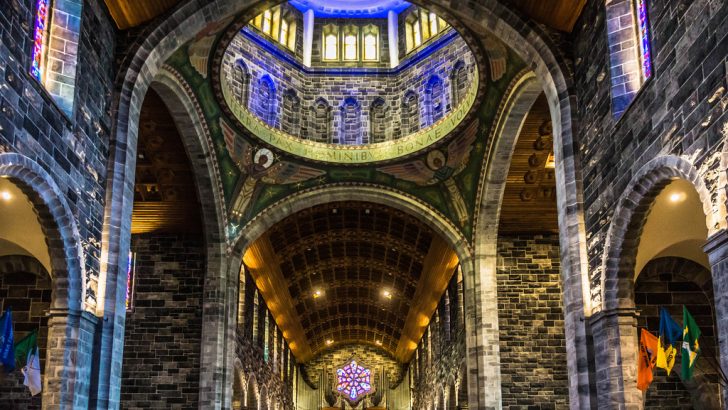The Hurley Maker’s Son: A Memoir
by Patrick Deeley (Doubleday Ireland, €17.99)
J. Anthony Gaughan
Patrick Deeley was born in a small farm near Loughrea, Co. Galway, in 1953. He was educated locally and attended St Patrick’s Teacher Training College in Drumcondra in Dublin. Subsequently he served as a principal in a primary school in Ballyfermot.
Encouraged by David Marcus, editor of the pioneering ‘New Writing’ in the old Irish Press, he became a prolific poet, with a significant corpus of published work. In this memoir, among other things, he provides an authentic record of a rural Ireland which has almost disappeared.
Injured
Deeley begins his memoir with an account of a journey home after hearing that his father had been fatally injured, while felling an ash tree. Apart from his farm Deeley’s father had a sawmill and a carpenter’s shop. The ash was needed in the shop, where he fashioned hurleys.
Patrick Deeley’s reminiscences of his early years centre on the ‘Callows’ – a stretch of wetland near his home. Through eyes of wonderment he closely observed all manner of life – insects, flowers, shrubs and small animals. He provides pen pictures of his father, mother, siblings and some of the neighbours.
Jim Maguire, the local Seanchaí (story-teller), was a central figure in the community and a frequent visitor to the Deeley home, which was ‘a visiting house’. The author describes the last brief visit of the Seanchaí to his home. The family had acquired a television set. Jim arrived, took one look at it and left by the back door never to return!
Deeley describes Tynagh mine and the effect it had on the environment. Situated just four miles from his home its drumming, droning and frequent explosions were seldom far from the consciousness of Patrick or his neighbours.
The open-cast pit, half a mile long and half a mile wide, reached to a depth of 340 feet, and in the early 1970s after the surface ore had been cleared a new phase commenced underground. It left a permanent ugly scar on the countryside. Part of the area’s routine was the procession of huge lorries belching out black smoke as they transported concentrates of lead and zinc to Galway Docks for export. The mine operated from 1965 to 1980 and claimed the lives of five of its operatives.
Deeley describes his own sexual awakening. Suffering from a lack of physical affection from his parents, he highlights the extraordinary restraint in the relationships between parents and children in the rural Ireland of his time.
He notes that he was 50 years old before his mother said to him for the first time “I love you”. Deeley ends his memoir, where he began it, by nostalgically recalling the last occasion on which he saw his father alive.
This is a delightful book written in poetic language. The blurb does not exaggerate when it claims that the style is reminiscent of John McGahern’s memoir and some passages remind one of the lyricism of a Séamus Heaney poem.
I.M. Easter Week 1916
The Wayfarer
The beauty of the world hath made me sad,
This beauty that will pass;
Sometimes my heart hath shaken with great joy
To see a leaping squirrel in a tree,
Or a red lady-bird upon a stalk,
Or little rabbits in a field at evening,
Lit by a slanting sun,
Or some green hill where shadows drifted by
Some quiet hill where mountainy man hath sown
And soon would reap; near to the gate of Heaven;
Or children with bare feet upon the sand
Of some ebbed sea, or playing on the streets
Of little towns in Connacht,
Things young and happy.
And then my heart hath told me:
These will pass,
Will pass and change, will die and be no more,
Things bright and green, things young and happy;
And I have gone upon my way
Sorrowful.
– Patrick Henry Pearse
A last poem written on the eve of his execution, 2 May 1916



